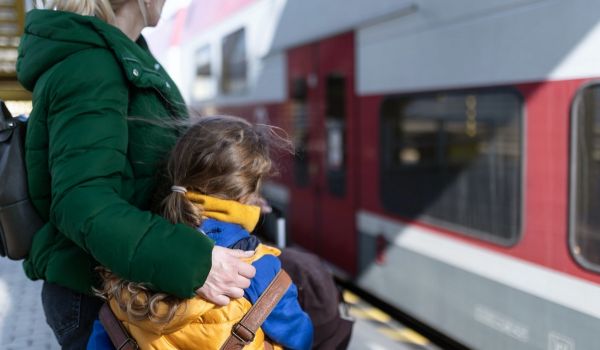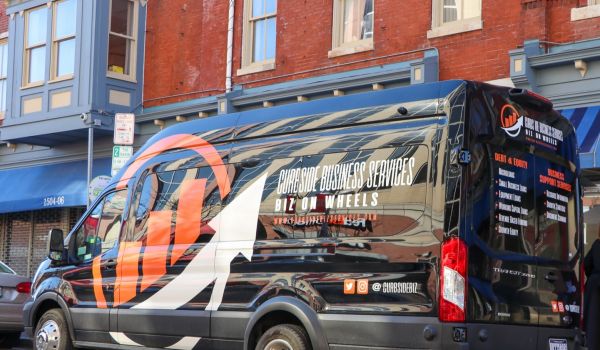Curbing Inflation Will Disproportionately Hurt Black Workers
Neel Kashkari, president and CEO of the Federal Reserve Bank of Minneapolis, tells Vox there is a “persistent, pernicious gap where Black Americans face twice the unemployment as white Americans, no matter what kind of an economy we have, a booming economy or a recession.”
In its effort to reduce historic inflation, the Fed has repeatedly announced interest rate hikes. (As Vox explains, raising the cost of borrowing money is expected to align consumer demand with supply, while also cutting into workers’ power.) The Biden administration is likely aiming to reach an unemployment rate of about 5% to curb inflation. But, as Vox points out, such a high national unemployment rate promises a double-digit unemployment for Black workers – especially if the U.S. enters a recession.
Still, Kashkari says he supports the interest rate hikes “to get the economy back into balance.” In a recent op-ed, Unrig Our Economy campaign director Sarah Baron points to another strategy: raising corporate taxes on companies engaged in price gouging.
Social Safety Net Boosts Needed To Help Workers Facing Long Covid
An August Brookings Institute report estimates that 16 million people of working age in the U.S. are suffering from long COVID, 2-4 million of whom were unemployed in June and July. That adds up to $170-$230 billion a year in lost wages, Brookings estimates.
While labor market participation among disabled Americans went up during the pandemic, as the labor market cools and worker accommodations are likely to diminish, researchers tell the Idaho Capital Sun that the social safety net – from unemployment to paid sick leave to workers compensation – are inadequate as currently set up.
An Economic Downturn Could Reverse Early Retirement
During the pandemic, older workers have been hit with job loss disproportionately hard. But as jobs reopen, an NPR report looks at how a large number of older workers are opting for early retirement rather than returning to the workforce. Many are finding they are able to retire with financial security and feel empowered to exit the labor force. It’s a major part of why the U.S. workforce has not yet recovered, NPR explains.
More Fallout From The End Of The Child Tax Credit
The expanded Child Tax Credit has been estimated to have lifted nearly 4 million children out of poverty. New data from a Boston University and Boston Medical Center study shows that food insufficiency among families with children grew 25% during the six months after the expanded CTC was discontinued, American Prospect reports. Despite the clear data on the CTC’s critical importance, as well as its success, neither U.S. party has offered the policy significant support.
This article is part of The Bottom Line, a series exploring scalable solutions for problems related to affordability, inclusive economic growth and access to capital. Click here to subscribe to our Bottom Line newsletter.
Aysha Khan is the managing editor at Next City.
Follow Aysha .(JavaScript must be enabled to view this email address)


















